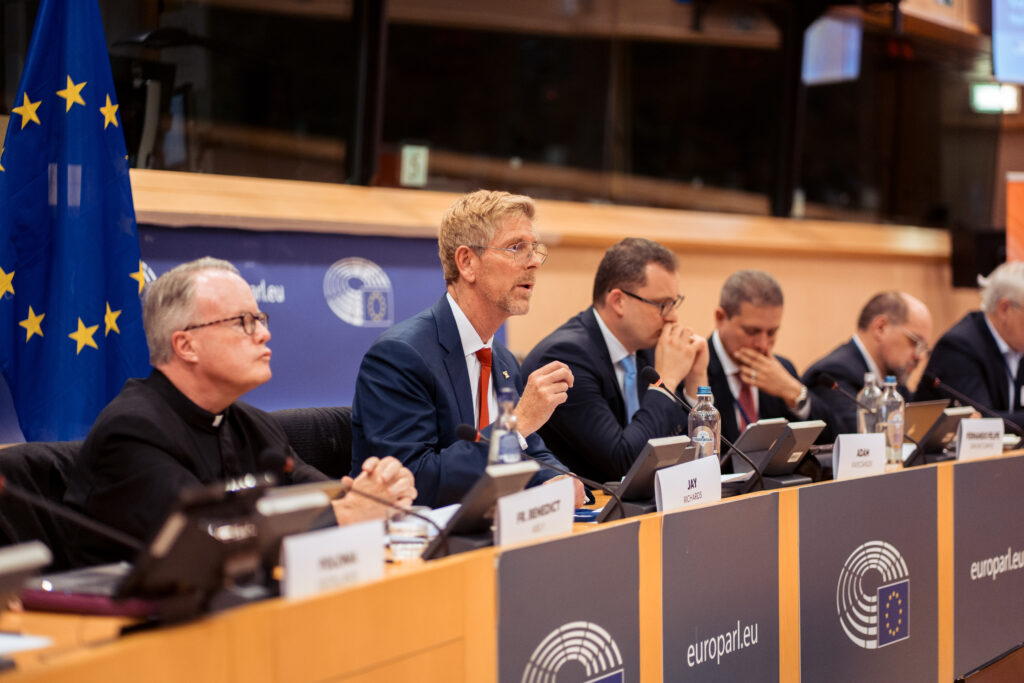The new Congress roared into Washington this week with what it sees as a mandate to cut government spending. Required reading for all its new members should be Washington Monthly’s excellent new piece, “Get the Energy Sector off the Dole.” And, if you work in, invest in, or support scaling the clean economy, this important piece is worth your time to read as well.
America’s clean energy advancements are under a concerted propaganda and lobbying attack, underwritten by the dirty energy lobby, which wants Americans to think that clean energy is too “expensive,” or “dependent on subsidies.” Cleantech needs your help to get the laugh track going on such claims, and this article can equip with you the foundation for doing that.
Some highlights from the Washington Monthly piece:
Energy subsidies are the sordid legacy of more than sixty years of politics as usual in Washington, and they cost us somewhere around $20 billion a year. To put that sum in perspective, that’s more than the State Department’s entire budget. It’s also enough to send half a million Americans to college each year with all expenses paid. Energy subsidies undermine the working of the free market, and they make rational approaches to long-term energy challenges and climate change impossible. They are not an aid to energy independence or environmental stewardship. They are an impediment.
Energy subsidies take many forms. Some of them are direct outlays of taxpayer dollars, like payments to corn producers for ethanol. Most are in the form of tax benefits, such as the deduction for “intangible drilling costs” (labor, repairs, hauling, you name it) in oil exploration—a notoriously abused provision of the tax code. The sheer number of subsidies is part of what makes them so hard to track.
But one thing about them is easy to summarize: They are heavily tilted toward fossil fuels. Government statistics show that about 70 percent of all federal energy subsidies goes toward oil, natural gas, and coal. Fifteen percent goes to ethanol, the only renewable source of energy that consistently gets bipartisan support in Congress (think farm lobby and Iowa). Large hydropower companies — TVA, Bonneville Power, and others — soak up another 10 percent. That leaves the greenest renewables—wind, solar, and geothermal—to subsist on the crumbs that are left.
Dirty energy’s increasingly aggressive effort to negatively define cleantech pushes not just the idea that clean energy is too “expensive,” but also that its “dependence” on smart government support somehow means that cleantech isn’t “ready.” What to say, then, about the dirty energy lobby’s decades of dependence? It’s run up a $72 billion tab at the taxpayer’s bar from 2002 to 2008 alone.
Some pro-dirty energy libertarian mouthpieces, such as the New York Times’ John Tierney and Newsweek’s George Will skip right over that inconvenient problem, relying on the size of their media platform to move the anti-clean energy rhetoric. When pressed, however, about the best that apologists for this ridiculous system can offer is that taxpayers get a better “return” on our money than they would from investing in clean energy – more BtUs per dollar, they say.
But the reality is that the return on U.S. taxpayers’ money politicians have handed to fossil energy hasn’t just been weak, it’s been terrible: ruined fisheries, mountaintops, and water tables; a money train to foreign dictators who hate usthat is drifting to other nations.
Fatih Birol, the chief economist at the International Energy Administration,has named fossil fuel subsidies as one of the biggest impediments to global economic recovery – “the appendicitis of the global energy system which needs to be removed for a healthy, sustainable development future.” For America, these subsidies aren’t just reckless and stupid, they aren’t even what people want. In fact, only 8 percent of Americans prefer their tax money be given to highly profitable, mature industries such as ExxonMobil and Massey Energy.
The new, (supposedly) fiscally conservative Congress could do what it has committed itself to doing – cutting wasteful spending – by starting with arguably the most wasteful spending of all: corporate welfare checks for the highly profitable, highly polluting oil and coal industries.
Subscribe to our newsletter
Stay up to date with DeSmog news and alerts






